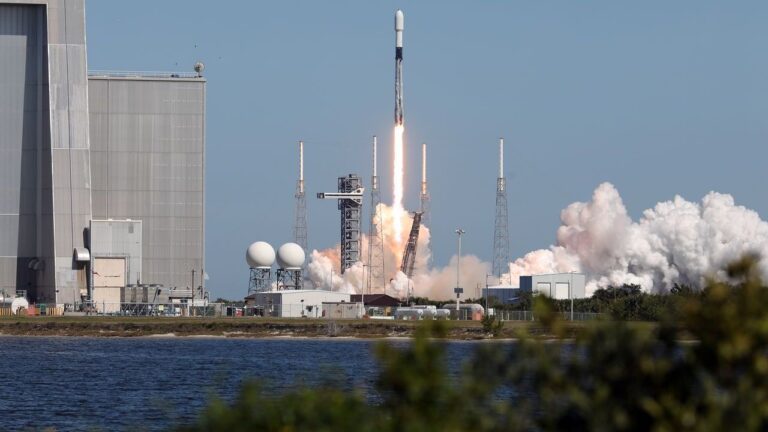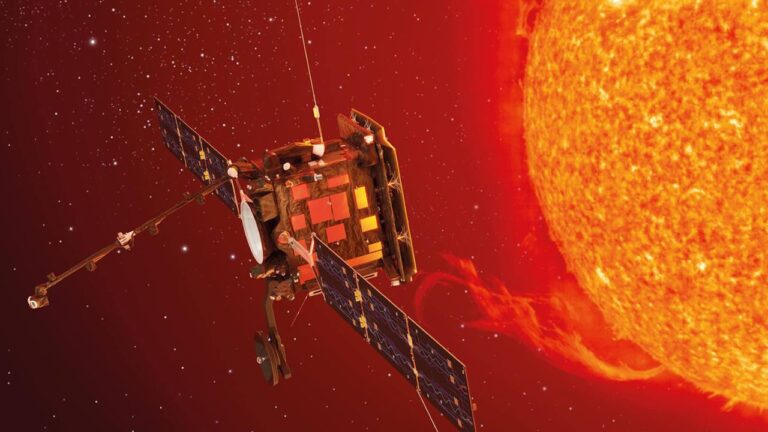
The surge in demand for small satellites in support of national security space programs is reshaping the landscape of the U.S. space industrial base. As the military increasingly embraces rapid deployment of constellations, suppliers are facing significant challenges in meeting the evolving needs of the defense sector.
Legal Battle Highlights Supply Chain Struggles
The recent lawsuit filed by defense contractor L3Harris Technologies against aerospace firm Moog Inc. sheds light on the supply chain issues plaguing the industry. L3Harris alleges delayed delivery and defective components, reflecting the difficulties in adapting to the military’s shift towards smaller, more affordable satellites.
Space Development Agency’s Influence
The Space Development Agency (SDA), established in 2019 and now part of the U.S. Space Force, is driving this transformation. With plans to deploy a proliferated constellation of smaller satellites, SDA’s approach is reshaping procurement strategies and placing new demands on suppliers.
Challenges in Ramping Up Production
Much like the challenges faced by suppliers in meeting surging iPhone component orders, space companies are struggling to scale up production to meet the heightened demand from the military and intelligence community. The transition from building a few large, complex satellites to producing larger quantities of smaller spacecraft poses significant challenges for the defense industry.
Dependency on Key Suppliers
The reliance on specific suppliers for critical components, such as type 1 encryption, highlights vulnerabilities in the supply chain. The unique position of suppliers like Innoflight underscores the challenges of ensuring access to essential components necessary for national security space programs.
Efforts to Diversify Suppliers
SDA’s efforts to foster a diverse marketplace through competitive contracts aim to incentivize innovation and mitigate supply chain risks. However, challenges persist in ensuring a reliable and robust network of suppliers capable of meeting the agency’s ambitious goals.
Call for Industry Adaptation
Top officials, including Frank Calvelli, the assistant secretary of the Air Force for space acquisition, have called on defense contractors to address supply chain challenges more proactively. Despite ongoing concerns, industry leaders emphasize the need for collective action to adapt to the new paradigm of small satellite constellations.
As the demand for military satellites continues to grow, resolving supply chain challenges will be crucial for the success of initiatives like SDA’s proliferated constellation. The industry’s ability to innovate, diversify suppliers, and address systemic issues will determine its capacity to support national security space programs in the years to come.






